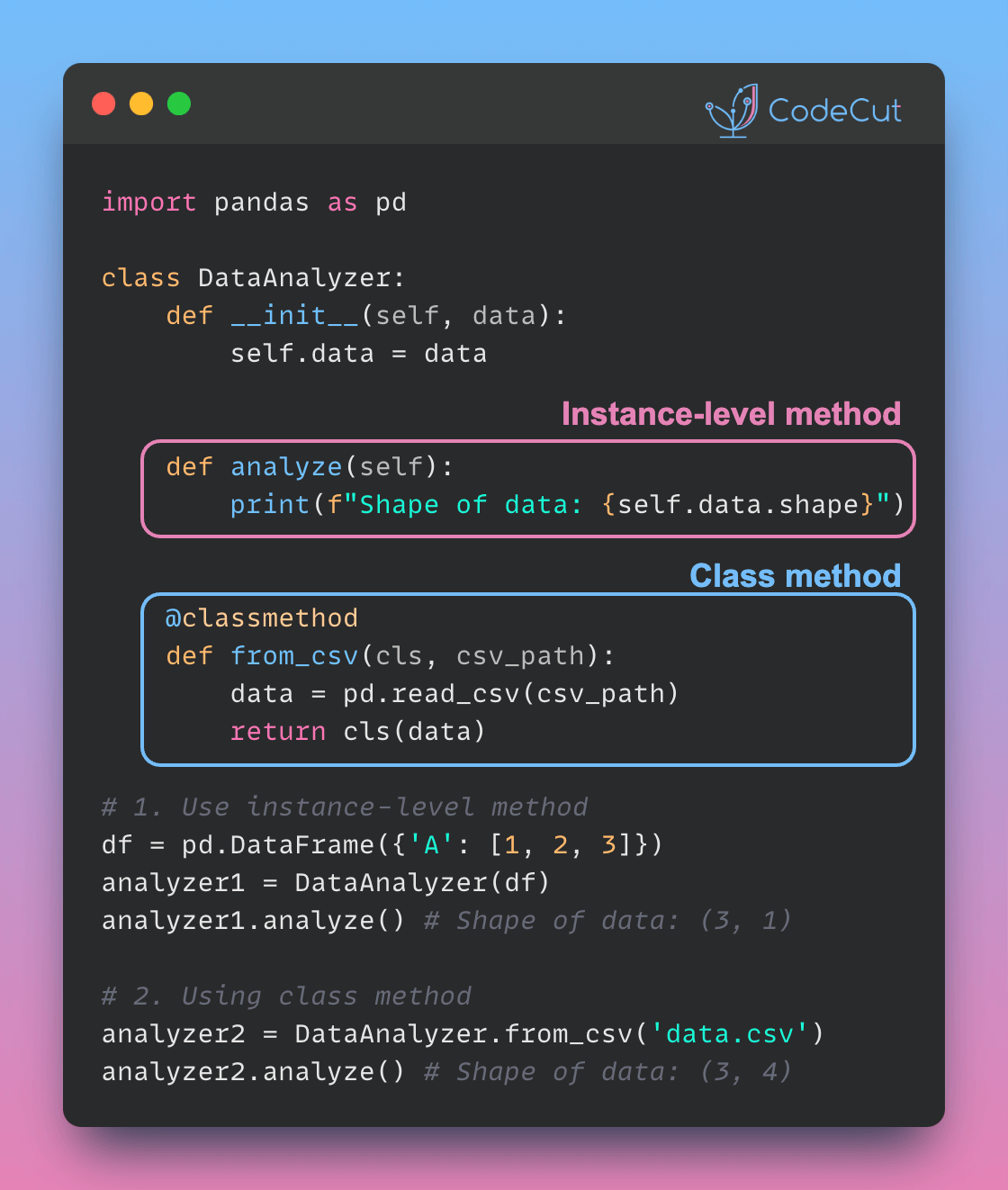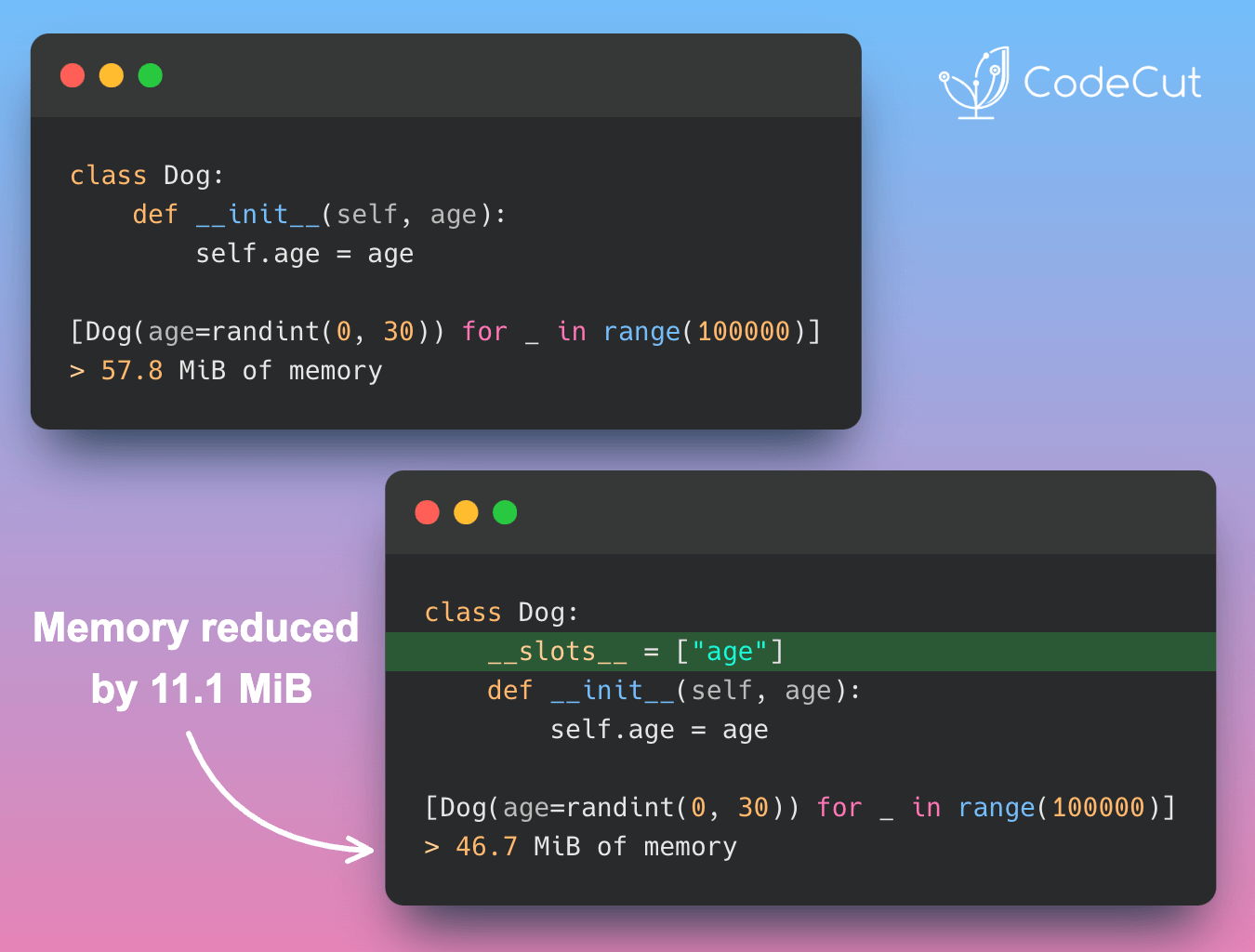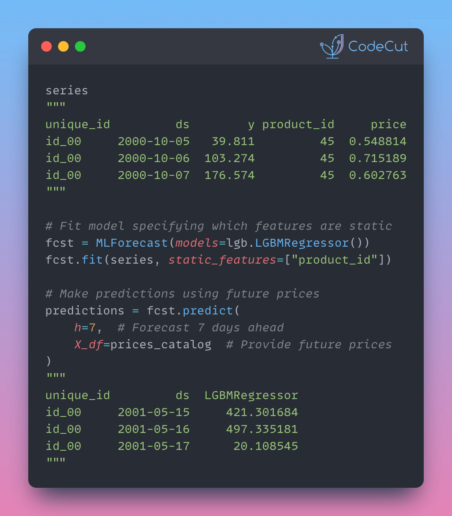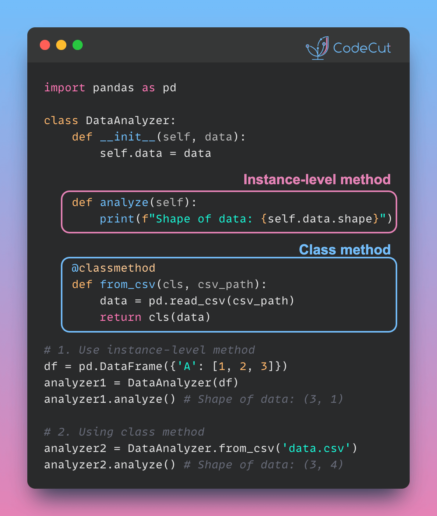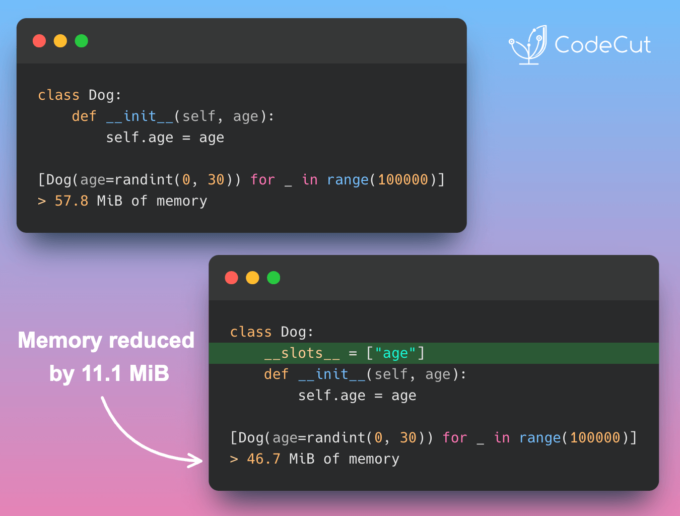Extracting data from nested structures often leads to complex, error-prone code with multiple checks and conditionals. Consider this traditional approach:
def get_youngest_pet(pet_info):
if isinstance(pet_info, list) and len(pet_info) == 2:
if all("age" in pet for pet in pet_info):
print("Age is extracted from a list")
return min(pet_info[0]["age"], pet_info[1]["age"])
elif isinstance(pet_info, dict) and "age" in pet_info:
if isinstance(pet_info["age"], dict):
print("Age is extracted from a dict")
ages = pet_info["age"].values()
return min(ages)
raise ValueError("Invalid input format")
# Usage
pet_info1 = [{"name": "bim", "age": 1}, {"name": "pepper", "age": 9}]
print(get_youngest_pet(pet_info1)) # Output: 1
pet_info2 = {'age': {"bim": 1, "pepper": 9}}
print(get_youngest_pet(pet_info2)) # Output: 1Python 3.10’s pattern matching provides a more declarative and readable way to handle complex data structures, reducing the need for nested conditionals and type checks.
def get_youngest_pet(pet_info):
match pet_info:
case [{"age": age1}, {"age": age2}]:
print("Age is extracted from a list")
return min(age1, age2)
case {'age': ages} if isinstance(ages, dict):
print("Age is extracted from a dict")
return min(ages.values())
case _:
raise ValueError("Invalid input format")
# Usage remains the same
pet_info1 = [{"name": "bim", "age": 1}, {"name": "pepper", "age": 9}]
print(get_youngest_pet(pet_info1)) # Output: 1
pet_info2 = {'age': {"bim": 1, "pepper": 9}}
print(get_youngest_pet(pet_info2)) # Output: 1


